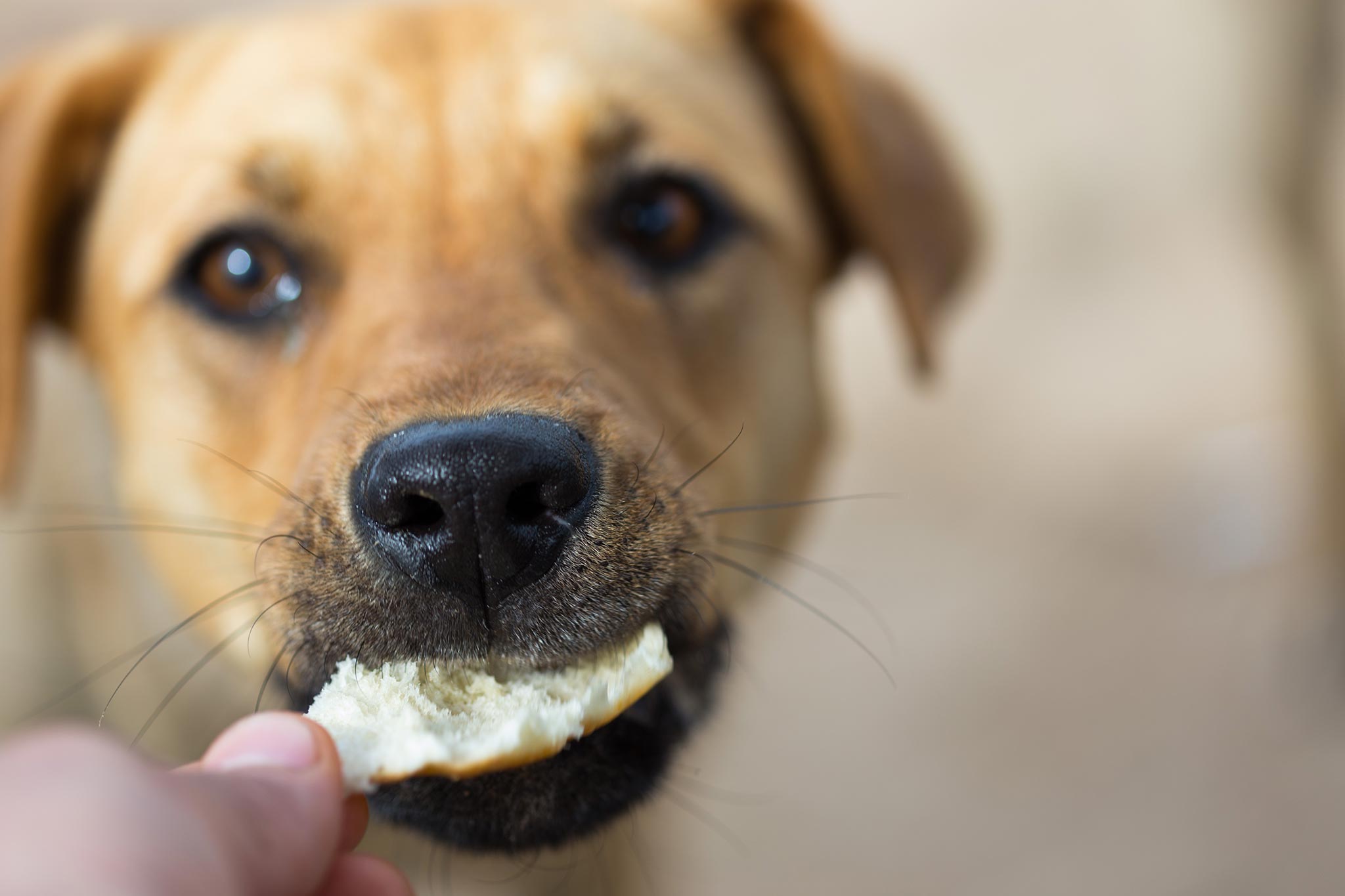Can Dogs Eat Jelly?
When it comes to sharing our snacks with our pets, it’s natural to wonder which foods are safe for them. One common question is whether dogs can eat jelly. This blog post is here to give you all the details about feeding jelly to dogs, ensuring you’re well-informed about what treats are safe for your pet. If you have any concerns or need more information after reading, we’re here to help at 441 Animal Hospital. You can reach us at (561) 482-5600 to talk about your dog’s diet or to set up an appointment. We’re located in Boca Raton, FL, and our team is always ready to support you and your pet with any questions you might have.

What is Jelly, and Why the Concern?
Jelly is a sweet, fruit-flavored treat that’s often made from sugar, fruit juice, and gelatin. While it might seem harmless, not all ingredients are safe for dogs. The main concern with jelly is its high sugar content and the presence of xylitol, an artificial sweetener found in some sugar-free jellies, which is toxic to dogs.
The Risks of Feeding Jelly to Dogs
High Sugar Content
Jelly is packed with sugar, which can lead to obesity and dental problems in dogs. Just like in humans, too much sugar can also increase the risk of diabetes in pets. It’s important to keep your dog’s diet healthy and balanced, avoiding sugary snacks like jelly.
Artificial Sweeteners
Xylitol, found in some sugar-free jellies, is extremely dangerous for dogs. Even small amounts can cause hypoglycemia (low blood sugar), seizures, liver failure, or even death. Always check the ingredients if you consider giving your dog a taste of jelly, and avoid it if xylitol is listed.
Potential for Allergies and Upset Stomachs
Some dogs may be allergic to the fruits or other ingredients used in jelly. Additionally, the sweet treat can cause gastrointestinal upset, including diarrhea and vomiting, especially if eaten in large quantities.
Safe Alternatives to Jelly
If you’re looking for safe treats to share with your dog, consider sticking to dog-friendly fruits and vegetables. For example, apples (without the seeds), blueberries, and carrots can be healthy, tasty treats in moderation. Always introduce new foods slowly and in small amounts to avoid stomach upset.
The Importance of a Balanced Diet
A balanced diet is key to keeping your dog healthy. Treats should only make up a small portion of their overall diet. High-quality dog food ensures they get the necessary nutrients they need. If you’re unsure about your dog’s dietary needs, we at 441 Animal Hospital are here to help. Give us a call for personalized advice tailored to your dog’s health and lifestyle.
When to Contact Your Vet
If your dog accidentally eats jelly, especially if it contains xylitol, contact your veterinarian immediately. Even if they seem fine, it’s better to be safe and get them checked out. For any diet-related questions or concerns, our team at 441 Animal Hospital is always ready to assist. Ensuring your pet’s health and happiness is our priority, so don’t hesitate to reach out for advice or to schedule a check-up.
Remember, while it might be tempting to share your snacks with your dog, not all human foods are safe for them. Jelly, with its high sugar content and potential for containing harmful artificial sweeteners like xylitol, is best avoided. Opt for healthier, dog-safe treats instead, and always keep your pet’s diet balanced and nutritious. For more information or to discuss your dog’s dietary needs, contact us at 441 Animal Hospital in Boca Raton, FL, at (561) 482-5600. Our team is dedicated to providing the care and advice you need to keep your pet healthy and happy.